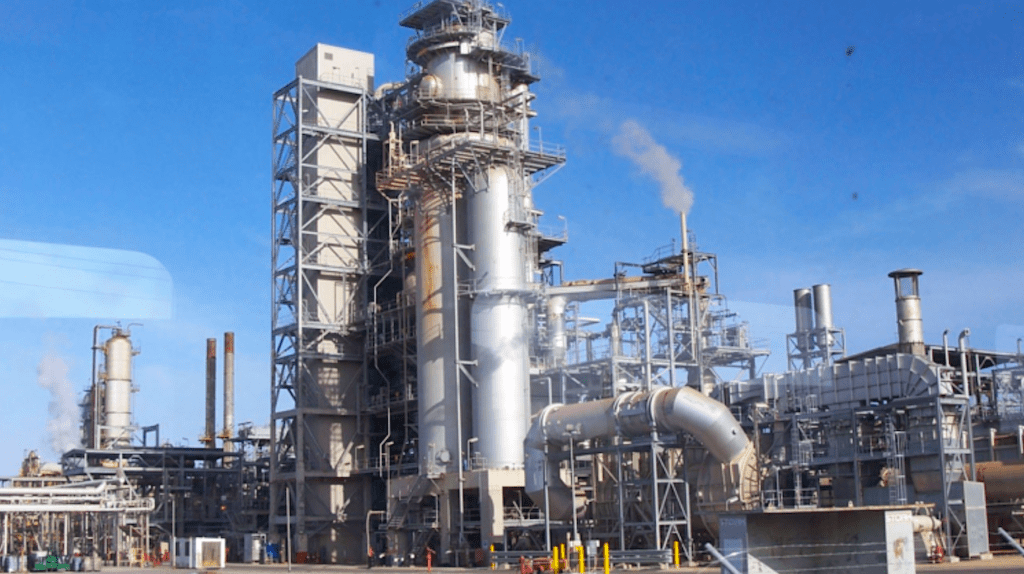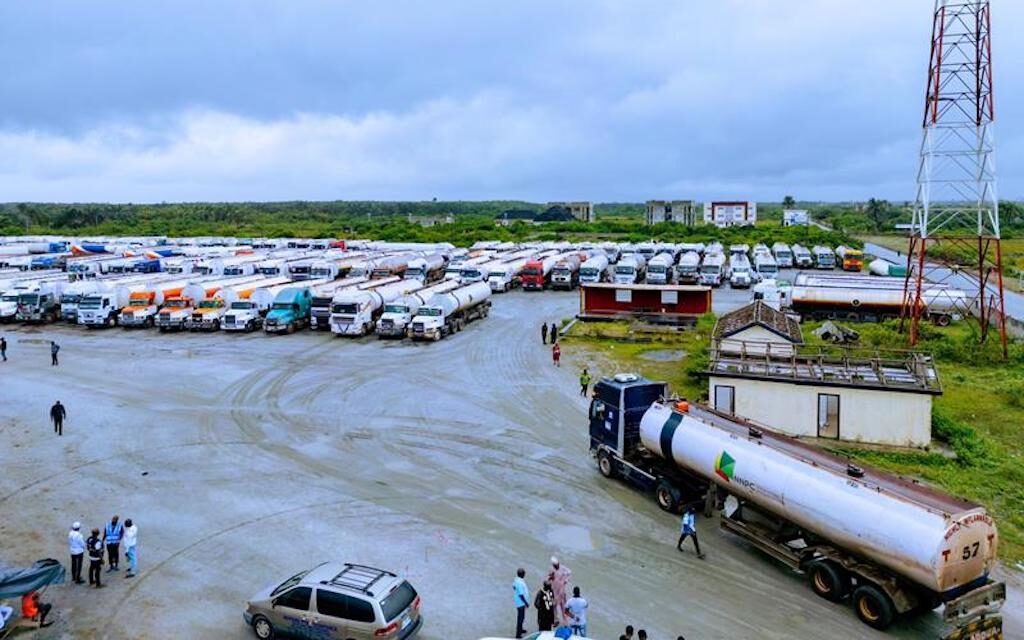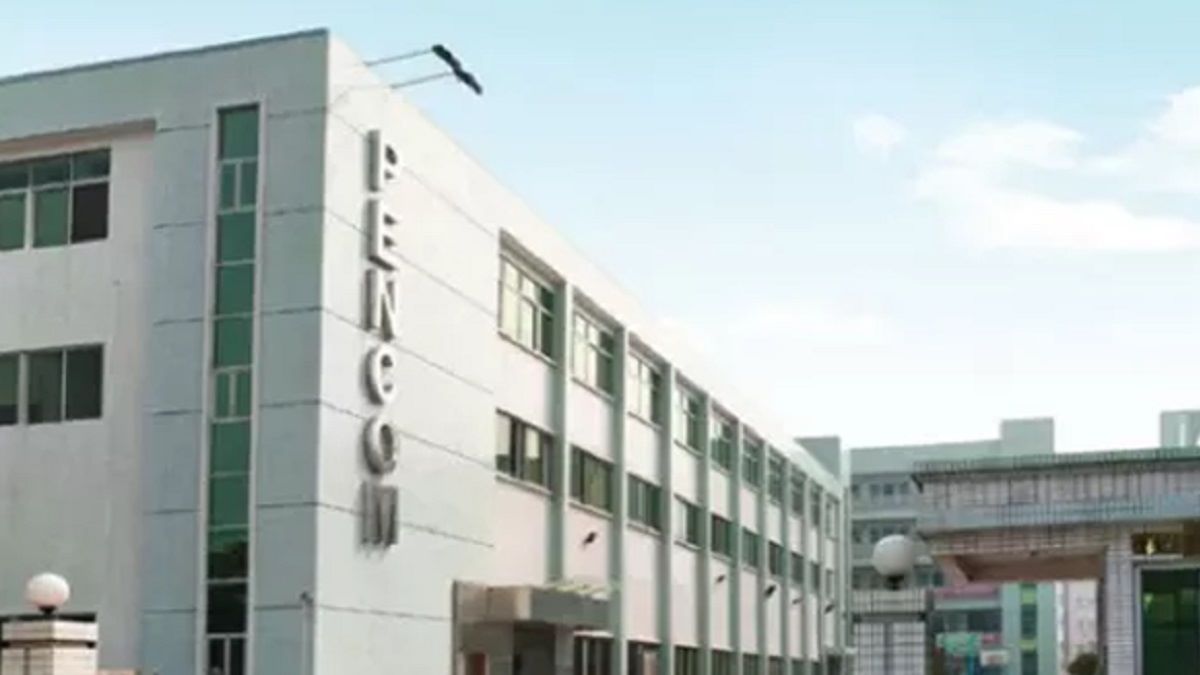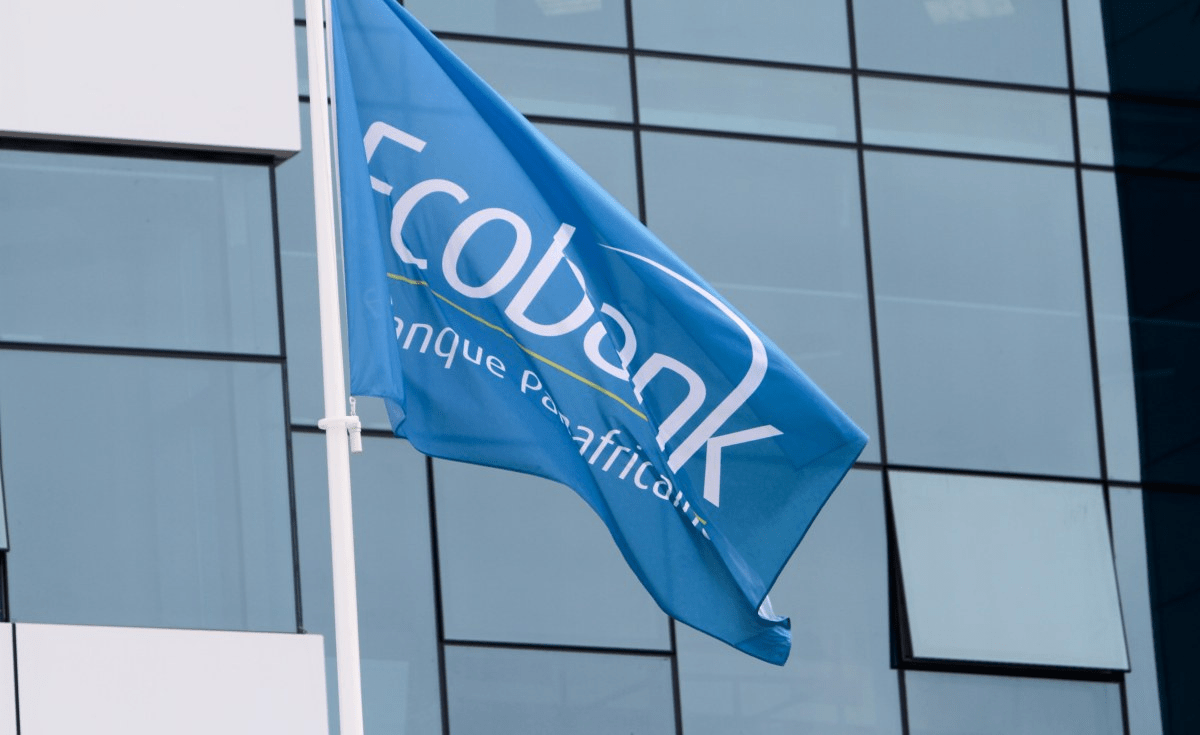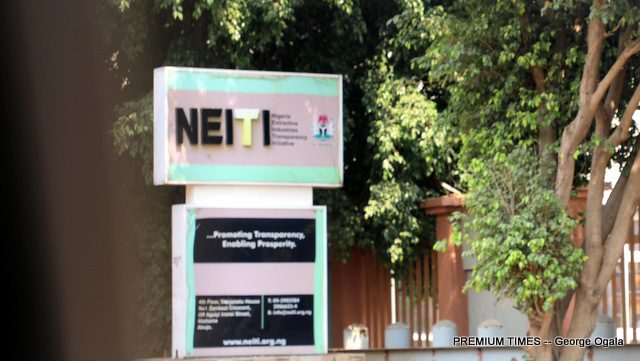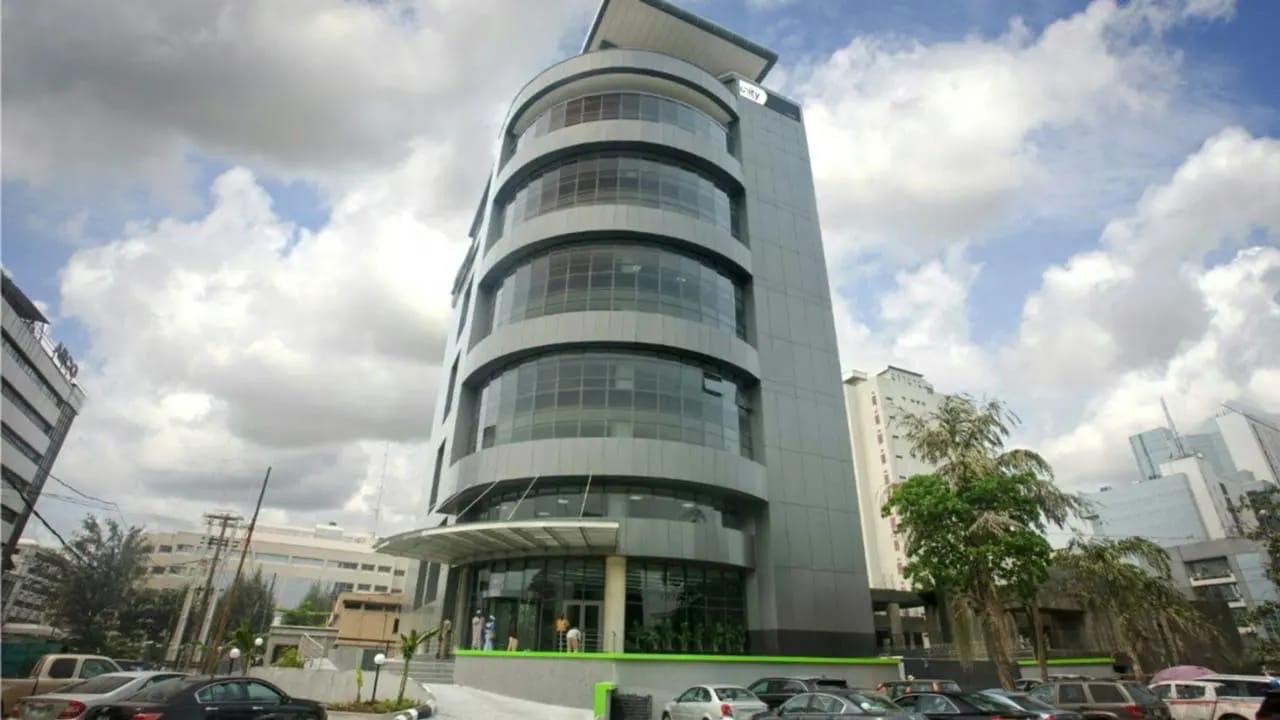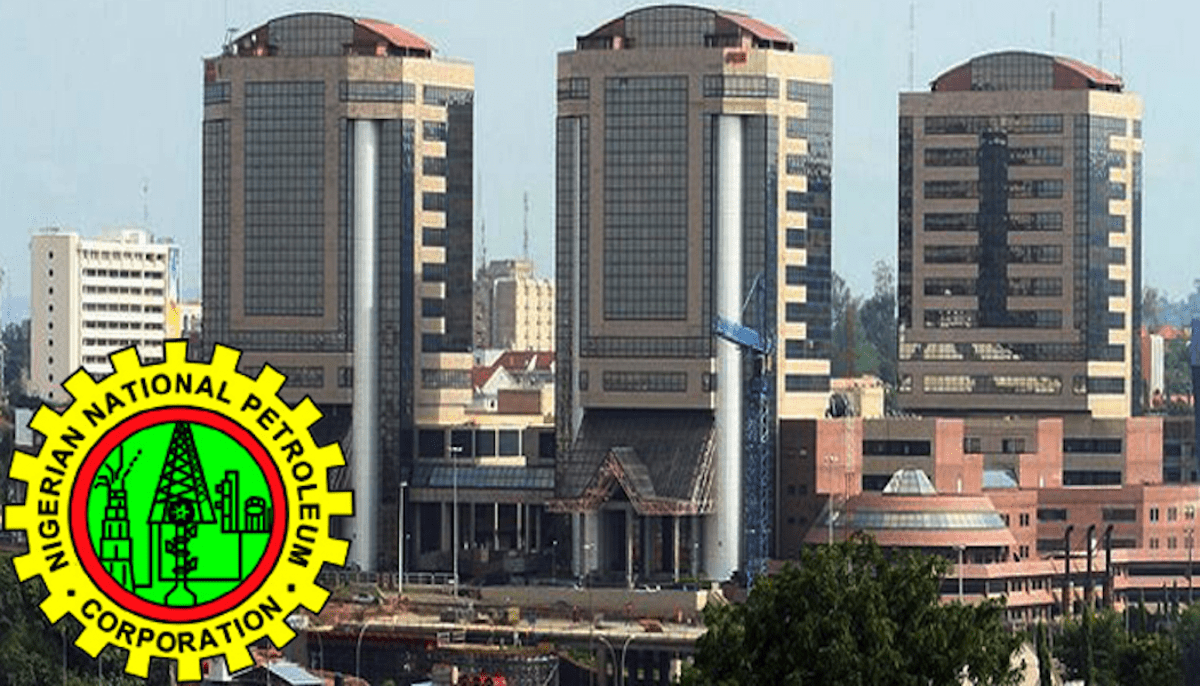The International Finance Corporation (IFC) has said that Africa possesses demographic competitive advantage for digital economy expansion with Nigeria positioned as the ground zero base for activity.
The Regional Director, Central Africa and Anglophone West Africa, IFC Nigeria, Dr Dahlia Khalifa, said this on Wednesday in Lagos at the Gulf Information Technology Exhibition (GITEX) Nigeria 2025 conference.
Khalifa noted that across Africa, the digital economy was expanding at remarkable speed powered by internet adoption, mobile penetration and a generation of young innovators rewriting its future.
She added that the demographic realities in Africa meant that its total population would grow from 1.5 billion to 2.5 billion over the next 25 years.
She also said that the population increase would bring 600 million youths, possibly entering the job market, charting the future leading to the fastest growth in the world.
“With more than 60 per cent of Africans under the age of 25, and smartphone adoption rising steadily, Africa is home to one of the largest pools of digital natives in the world.
“Over the past decade, Africa’s digital economy has been one of the fastest growing in the world and is quickly becoming a centre of attraction.
“By 2030, it is projected to contribute about $180 billion to Africa’s Gross Domestic Product (GDP),” Khalifa said.
The IFC regional director further said that in Africa, Artificial Intelligence (AI) was not just about efficiency but about transformation.
According to her, AI holds extraordinary promise that can enable Africa to scale traditional barriers to growth, and accelerate progress across sectors such as health, education, agriculture, finance and business.
Khalifa however, warned that unless Africa invested in infrastructure, including energy, broadband, digital connectivity and skills, the benefits of AI could bypass the continent.
She quoted IFC’s recent report titled ‘Digital Opportunities in African Businesses’ that stated that the digital transformation could benefit over 600,000 formal businesses and 40 million micro-enterprises.
This development, she said, would boost productivity, raise wages, and create better quality jobs and livelihoods for all.
“This is why the role of the private sector and public-private dialogue is decisive.
“Infrastructure is the foundation, but entrepreneurship is the engine and to seize this opportunity, we need reliable broadband, robust data centres, modern digital infrastructure, and more energy, particularly clean energy that is sustainable.
“We need investment in skills and training programmes that prepare Africa’s youth for the jobs of today and tomorrow.
“We need partnerships between governments, the private sector, and international institutions to create the right policies, foster trust and mobilise capital at scale,” she said.
She revealed that the IFC was committed to helping to unlock the future of Africa’s digitalisation.
Khalifa noted that over the last decade, IFC had financed over $6 billion in Africa’s digital infrastructure, from data centres to fibre networks to affordable broadband.
“By harnessing AI and digital technology responsibly and building the right partnerships, Africa can shape a digital economy that is inclusive, innovative and globally competitive,” she said.
The Executive Vice-President, Dubai World Trade Center, Trixie Lohmirmand, lauded the zeal and resilience of Lagos startup innovators, saying they thrived in spite of power issues and developing infrastructure.
She described start-ups in the country as the fastest rising, fastest growing emerging stars in the world, beating Mumbai, Sao Paulo and Turkey among other nations.
“Nigeria scales with resilience and there is mega high speed space for technology to thrive in Lagos and Nigeria.
“In Lagos where the unicorns are coming from, they build new infrastructure and industry all together, nothing ever before and we would not deny Nigeria access to thrive,” she said.
The Chief Executive Officer (CEO), Alami Capital, Mrs Olu Olufemi-White, also said that great things happen when visionary leaders create space.
She described GITEX as a great space for innovation and ideas and a launchpad for the new generation to forge digital frontiers.
She said that Nigeria was embracing the challenge and boldly trying to forge forward, adding that the next stage of innovation could be built on local demands.
“The future of technology would be shaped by the drive of Nigerian people to solve problems with the support of institutions,” she said. (NAN)
| ReplyReply allForwardAdd reaction |
The post IFC: Africa Holds Demographic Competitive Advantage for Digital Economy Expansion appeared first on THISDAYLIVE.

